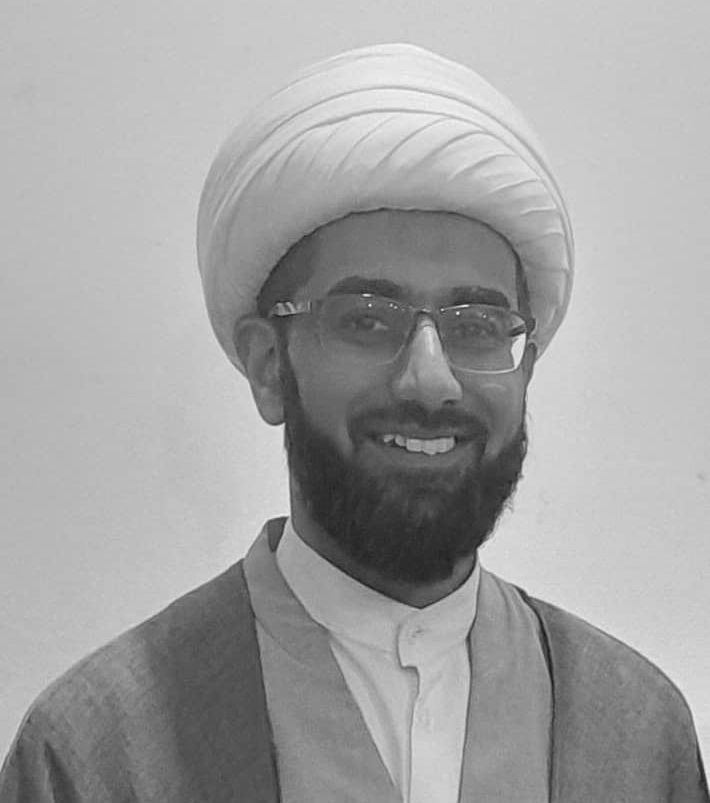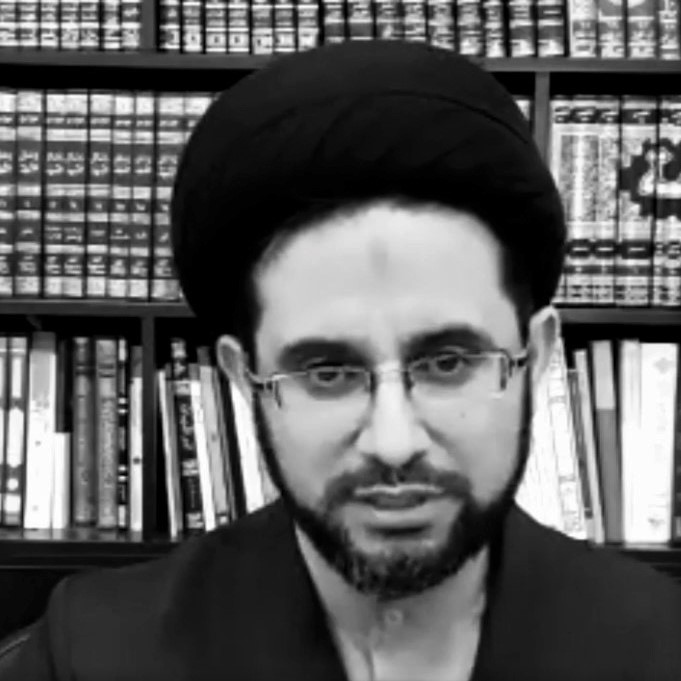- Demonstrative Jurisprudence – Sayyid Muhammad Rizvi
- Sequential Exegesis of the Qur’an – Shaykh Muhammad Saeed Bahamanpour
- Narrator Evaluation – Shaykh Safdar Razi Master
- Islamic Philosophy – Shaykh Muhammad Zaynulabidin Khalfan
SEPT ’23 MODULES
NEW MODULES BEING
INTRODUCED IN SEPTEMBER 2023
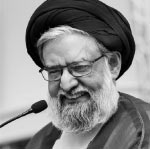
Sayyid Muhammad Rizvi
Demonstrative Jurisprudence
Building on the ‘Introduction to Demonstrative Jurisprudence: Verses on Islamic Law’ module, this course aims to familiarise students with the evidence, methods, and reasoning used by Shia jurists in issuing their edicts on Islamic Law. Topics will be selected from both areas of Islamic Law: the ‘ritual acts of worship’ (ʿibādāt) and the extensive range of rulings that fall under the heading ‘transactions’ (muʿāmalāt). The syllabus will cover issues that Muslims most commonly encounter in their lives. It will also investigate the basis on which some of the fatwas of contemporary Shia jurists differ and the reasons for the differences in rulings across Muslim jurisprudential schools.
Course Detail
Credits: 20
44 pre-recorded lectures, 4 live tutorials
Certificate Students: £200.00
Non-Certificate Students: £400.00
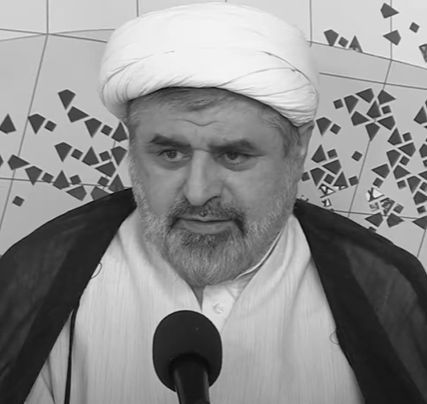
Shaykh Muhammad Saeed Bahmanpour
Sequential Exegesis of the Qur’an
This module aims to equip the student with the main methods and skills of exegesis through the study of mainstream classical and modern commentaries of the Qur’an. Unlike thematic exegesis, which investigates a subject in light of related verses throughout the Qur’an, this module examines and interprets verses of particular surahs in sequential order. The method of exegesis will consist of examining the vocabulary, etymology, and sentence structure of each verse, the occasions or causes of the revelation, the implied meaning of the text, and the overall structure and theme of the chapters.
As it is not possible to cover the whole Qur’an in this module, the course will examine short surahs of juzʾ 30 of the Qur’an in reverse order (i.e. starting from Sūrat al-Nās). At the end of each verse or set of verses, some short and reflective messages will be examined so that students learn how the Qur’an can be applied in everyday life.
Course Detail
Credits: 20
44 pre-recorded lectures, 4 live tutorials
Certificate Students: £200.00
Non-Certificate Students: £400.00
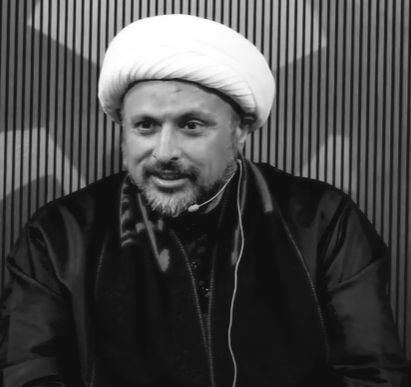
Shaykh Safdar Razi Master
Narrator Evaluation
Narrator Evaluation (ʿilm al-rijāl) is the study and application of the principles and methods used for determining the status of reporters of traditions. Essentially, it is the science of evaluating hadith reporters. It seeks to answer questions such as ‘How can a reporter’s reliability be established?’ and ‘Is such and such reporter reliable?’. In some areas of Islamic studies, such as the derivation of Islamic laws, strict authentication of traditions is required and ʿilm al-rijāl offers the enquirer a valuable framework for assessing the reliability of a hadith’s chain of transmission. This module investigates the core principles and methods used by rijālī scholars in their deliberations and examines the status of selected reporters.
Course Detail
Credits: 10
22 pre-recorded lectures, 4 live tutorials
Certificate Students: £100.00
Non-Certificate Students: £200.00
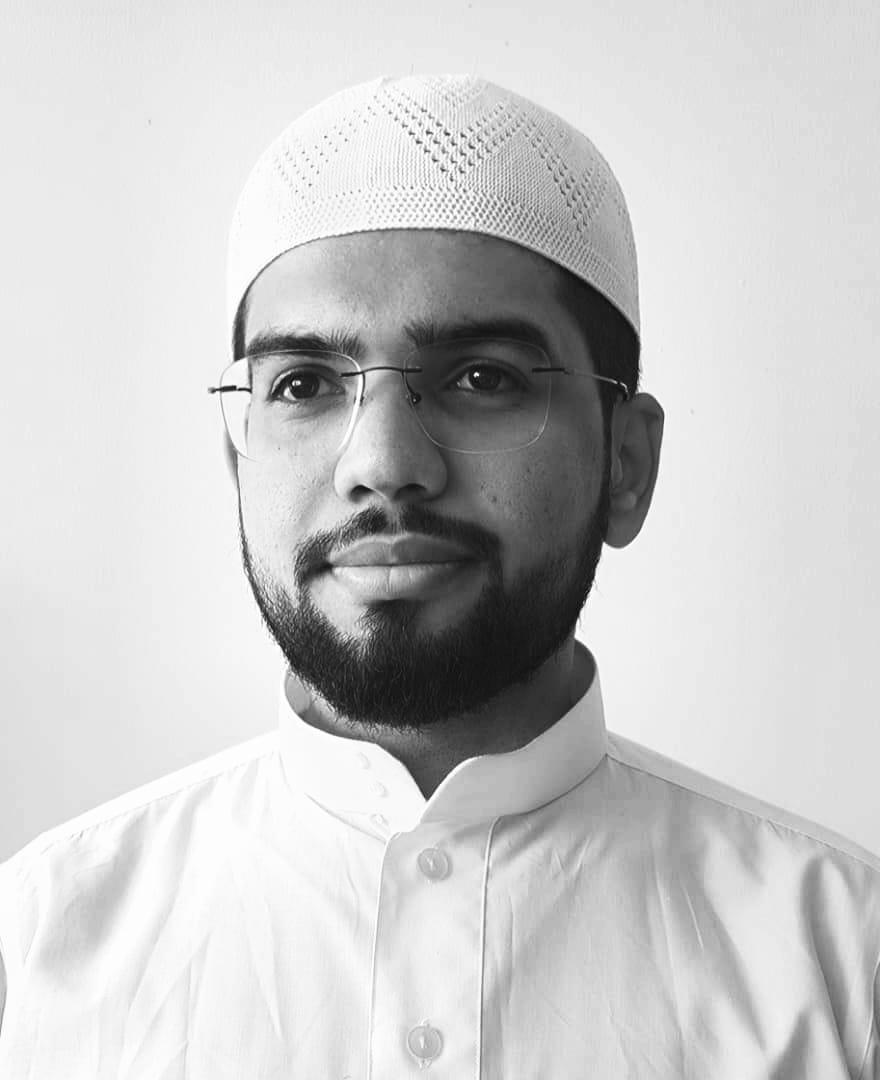
Shaykh Muhammad Zaynulabidin Khalfan
Islamic Philosophy
Islamic Philosophy is categorised among the intellectual (ʿaqlī) sciences. It has influenced the development of many other Islamic subjects, both intellectual and transmitted, such as Theology, Logic, and Theoretical Mysticism. Although there are many Islamic philosophical schools, the three primary trends over the course of the subject’s advancement have been Peripatetic Philosophy, Illuminationist Philosophy, and the Transcendent Wisdom of Mulla Sadra. Islamic Philosophy was initially broader in the scope of the subjects it discussed. However, with the progression of modern science and its influence on the Islamic world, it gradually centred on what is known in Western Philosophy as ‘ontology’. Following an introduction to the subject, this module will discuss the most important schools, scholars, and concepts in the discipline.
Course Detail
Credits: 10
22 pre-recorded lectures, 4 live tutorials
Certificate Students: £100.00
Non-Certificate Students: £200.00


